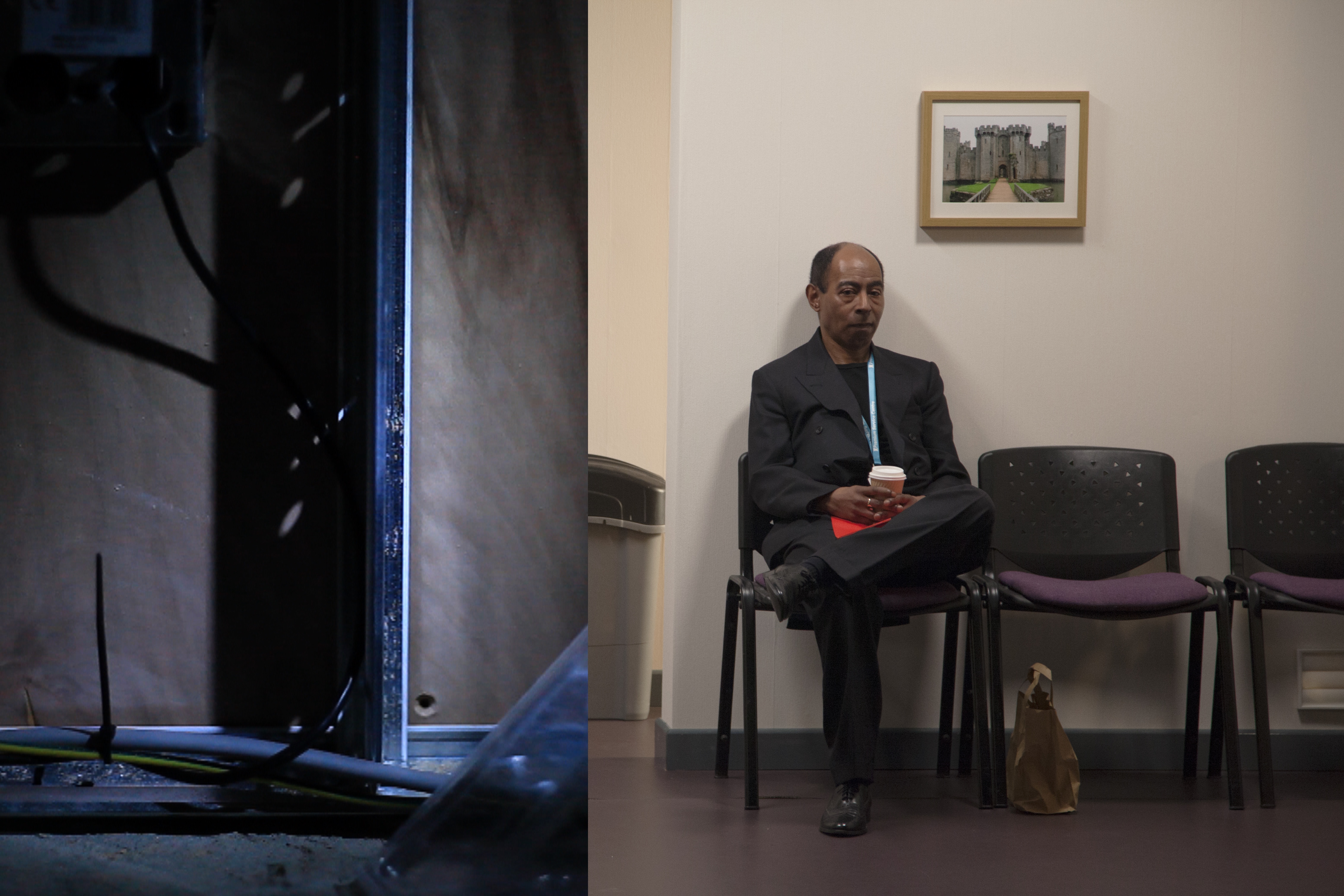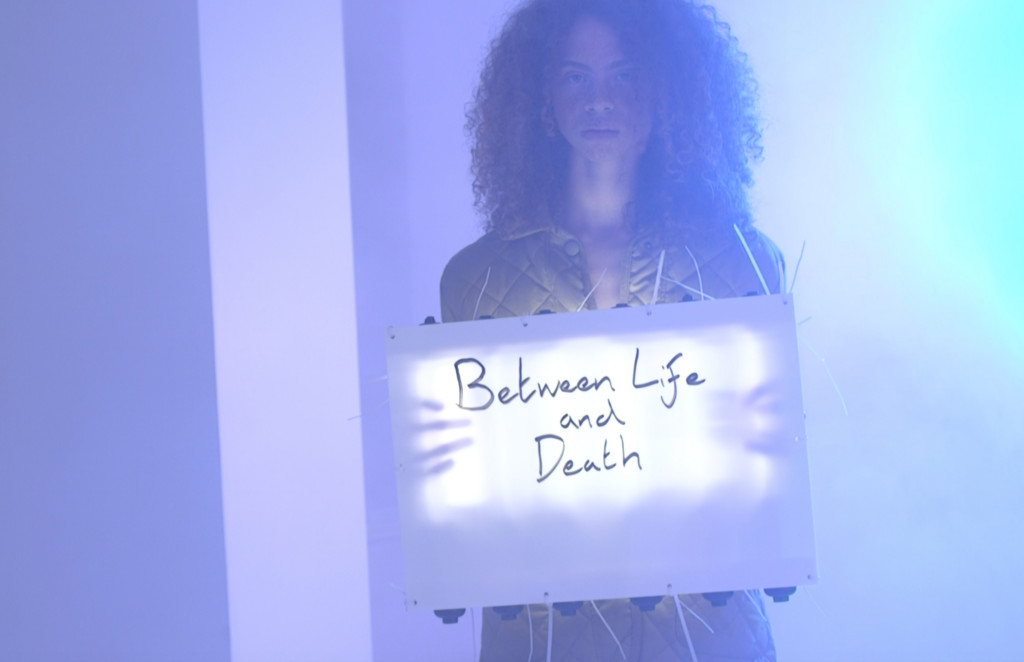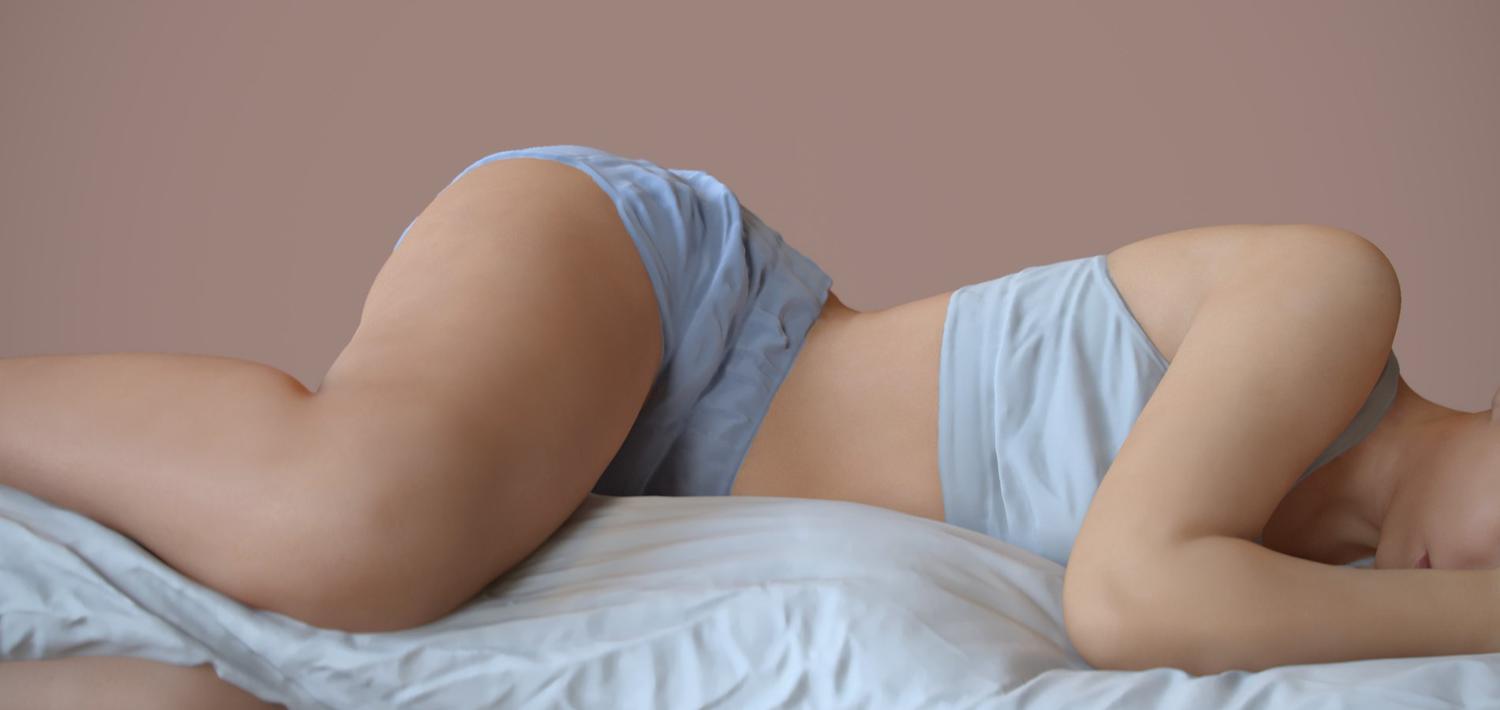In Focus: Artist Film Programme
Jericho Tavern, 56 Walton St, Oxford, OX2 6AE
Wednesday 17th July 2019 - Richard Whitby, The Lost Ones
Wednesday 4th September 2019 - Oreet Ashery, Revisiting Genesis
Thursday 16th January 2020 - Lucy Beech, Reproductive Exile
A series of artist film screenings exploring current social and political concerns including systems of care and communities, perceived gender roles, migration and cultural identity. The film screenings will be followed by an open discussion with the artist.
Richard Whitby, The Lost Ones, 2019, Single screen projection, 33mins, courtesy of the artist
In Richard Whitby’s video, The Lost Ones, a motley queue of individuals are all seeking salvation. They are people in limbo – whose personal circumstances or economic situations have been suddenly re-evaluated and whose future status now seems conditional on a test that they need to pass. Their fate will be decided, they learn, by an unseen official whose disembodied voice reverberates through the room in which they are patiently waiting, like a malicious spirit lurking within the walls; barking instructions, issuing withering put-downs, or adding seemingly random, byzantine extensions to an already long checklist of tendentious questions.
Whitby’s contemporary parable takes particular aim at the collateral effects of Brexit, and the narrowing horizons of a country where people’s right to remain is increasingly rebuffed or derided and where unwelcome ‘outsiders’ are told to expect to face a so-called ‘hostile environment’.

Oreet Ashery, Revisiting Genesis, 2016, twelve episode web-series and feature length film, 30 minutes (selection), courtesy of the artist
Revisiting Genesis takes the form of a web-series in twelve episodes and a feature length experimental film. Written and directed by Oreet Ashery. Revisiting Genesis mixes fictional dialogues and real life interviews with people who have life limiting conditions. The work explores digital and emerging technologies of dying, social networks, care and feminist reincarnations of women artists.

Lucy Beech, Reproductive Exile, 2018, 4K video with sound, 30 minutes, courtesy of the artist
Lucy Beech's new film Reproductive Exile follows the fictional story of a woman embarking in cross-boarder assisted reproduction. Whilst considering the gender bias in biomedical research the looping film is characterised by the entrapment of a perpetual journey and reveals the protagonists’ dependency on an intricate constellation of invisible female bodies; human and non-human, that work, care, constitute and provide for her reproductive journey. These bodies are invisibly linked by the production and sharing of animal and human sex hormones central to reproductive technologies.
